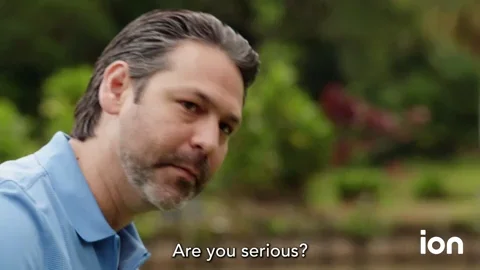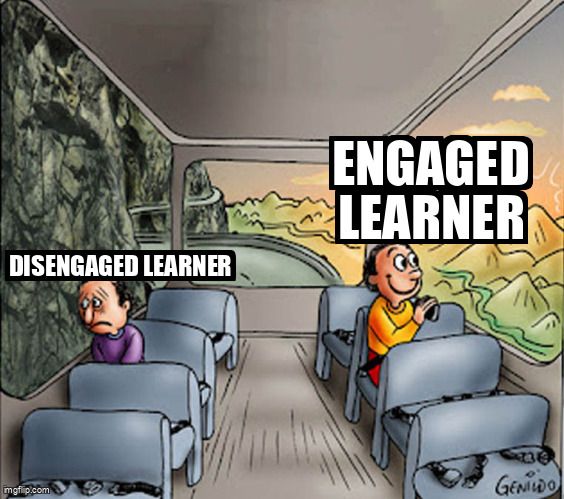
This logo isn't an ad or affiliate link. It's an organization that shares in our mission, and empowered the authors to share their insights in Byte form.
Rumie vets Bytes for compliance with our
Standards.
The organization is responsible for the completeness and reliability of the content.
Learn more
about how Rumie works with partners.
You have decided to teach English abroad and just landed an interview. Before you find yourself halfway around the world, you have to nail the interview.

An interview for an English teaching job abroad will include questions around some key areas, including:
Cultural awareness
Adaptability and flexibility
Communication skills
Patience
Thinking about and rehearsing your answers to questions that include the use of these skills will help you get the job and begin your journey.
1. "Why do you want to teach English abroad?"
Teaching English abroad requires a considerable commitment, including leaving behind your family and friends and traveling to a new country. Your prospective employer will want to know how serious you are about taking this step and your level of cultural awareness.

Sample interview question:
Why are you interested in teaching English in [country]?
Highlight:
Love of sharing knowledge
Desire for new cultural experiences
Don't highlight:
Just a chance to travel
Only to meet new people
Sample answer:
"I've always loved language and understanding how it works. I value new experiences and enjoy challenging myself in unique environments and situations. Combining these two aspects to share my love of language and help learners to communicate better will help me progress and move forward in my career."
2. "How would you handle a class with students of mixed abilities?"
While you might be teaching a specific English level, every learner has different abilities. Using different techniques and strategies will allow you to ensure that all learners' needs are met. Your prospective employer will want to see how you can adapt.
 Photo by Ismail Salad Osman Hajji dirir on Unsplash
Photo by Ismail Salad Osman Hajji dirir on UnsplashSample interview question:
How would you teach learners of different abilities?
Highlight:
Group work
Individualized support
Don't highlight:
Teaching all the learners the same thing
Only helping some learners
Independent work (such as worksheets)
Sample answer:
"I use a variety of strategies to teach learners of different abilities. One of the key aspects I focus on is making sure I differentiate my instruction. For example, I will provide an aid to some students who need it when applying their knowledge. Also, I will group learners differently depending on the activity. When learners are applying their knowledge, I will walk around the classroom and provide individualized support as necessary."
3. "How would you make lessons engaging for students?"
What this looks like in the classroom will vary greatly depending on the age of your learner. However, the overall activities you're doing will mostly remain the same. Your interviewer will want to see that you possess communication skills by using different activities that make learning fun and applicable to real life.

Sample Interview question:
What are some things you do to make lessons engaging for your learners?
Highlight:
Clear expectations for learners
Classroom rewards
Gamified learning
Role-playing
Storytelling
Don't highlight:
Generic "fun and interesting" response
Too much technology
Sample answer:
"Firstly, I will make sure that whatever the learners are expected to do for the activity is clear by doing an example together before starting. I use different kinds of activities to make the learning like a game by creating teams and a competitive atmosphere. I might use role-playing by recreating real-life scenarios to allow the learner to use the required vocabulary in those settings."
4. "What do you do when learners struggle?"
How you can adapt in the classroom, adjust your communication style, and exemplify patience are all skills that your prospective employer would want to see in your answer to this question.
 Photo by JESHOOTS.COM on Unsplash
Photo by JESHOOTS.COM on UnsplashSample question:
Can you give an example or a time when your class struggled to understand a learning point? What did you do?
Choose the correct sample answer:
A. When my students had trouble with countable and uncountable nouns, I used real-life examples in the classroom around me, such as water, coffee, and pens. Then, I asked the students to work together to brainstorm more examples.
B. When my class struggles to understand something, I usually review the content again. This generally helps.
C. It is important to follow the lesson plan and ensure that the learning objectives are taught well. Proper planning is always the best approach.
Quiz
Choose the best answer
The interviewer wants to see if you keep your cool while thinking on your feet in the classroom. "A" is the best answer because it shows not only an interaction with the world around you but a quick thinking reaction that can deepen the learning experience. "B" shows an inability to adapt and poor communication skills. While "C" is true, it's not a suitable answer to this question.
Take Action
Get ready for your interview to teach English abroad today and start your journey tomorrow!
 Photo by Maxime Horlaville on Unsplash
Photo by Maxime Horlaville on UnsplashThis Byte has been authored by
Zachary de Vries
Instructional Designer; Byte Editor